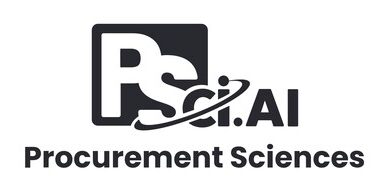As organizations continue to invest heavily in data tools and platforms, many still struggle to generate trusted, actionable insights. A new blueprint from Info-Tech Research Group reveals that adopting a Data-as-a-Product approach is transforming how companies handle and deliver data value. This method is helping data leaders create real business impact by aligning efforts with organizational priorities and customer needs.
How Data-as-a-Product Increases Trust and Value Delivery
According to Info-Tech Research Group’s latest findings, traditional data management practices often fall short in building trust and promoting usability. When data is treated as a product rather than a byproduct, organizations begin to see better scalability, higher data quality, and improved responsiveness. Starting with the needs of the business and data users, instead of simply collecting and analyzing data without direction, fosters more accountable and valuable data assets. As a result, data becomes a trusted driver of business growth.
Info-Tech’s Four-Step Framework for Data-as-a-Product Success
To support organizations on this journey, Info-Tech has developed a practical, four-step framework:
- Evaluate Organizational Readiness: Assess if the company has the capabilities to adopt a Data-as-a-Product mindset or if foundational gaps need attention first.
- Create Customer Personas and Journey Maps: Understand the goals and challenges of data product consumers to deliver solutions that match their needs.
- Identify Opportunities and Prioritize a Use Case: Analyze pain points and align design decisions for better adoption and satisfaction.
- Pick the Pilot Data Product: Begin with a high-impact use case to build early momentum and stakeholder support.
By following these clear steps, organizations can quickly shift from reactive data strategies to proactive, customer-focused data delivery.
Breaking Down Silos: Building a Culture of Data Accountability
A major challenge many companies face is data ownership concentrated within single teams, which leads to silos and inefficiencies. The Data-as-a-Product approach emphasizes collaboration and shared accountability across departments. By promoting cross-functional ownership, organizations can deliver faster, reusable data assets and support long-term innovation. This cultural change helps align data with strategic goals and minimizes operational risks.
In summary, Info-Tech Research Group’s research highlights that shifting to a Data-as-a-Product mindset can drive trust, accountability, and value across the organization. Adopting a structured framework and fostering collaboration helps data leaders meet evolving demands and create lasting business benefits.
Don’t miss our latest Startup News: GosuBattles Grant Programme Boosts Grassroots Esports in Asia



